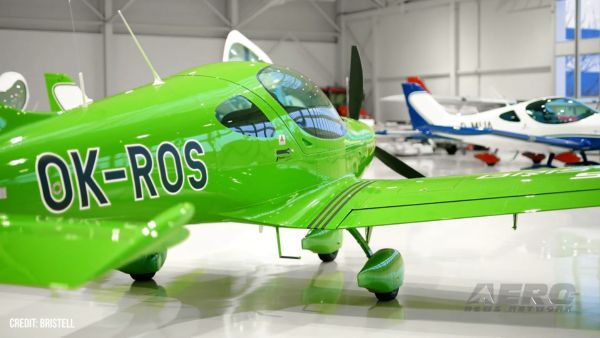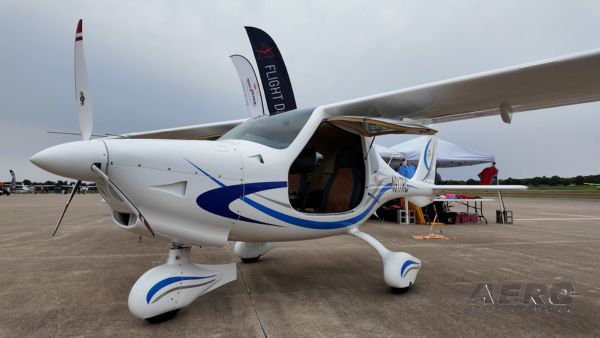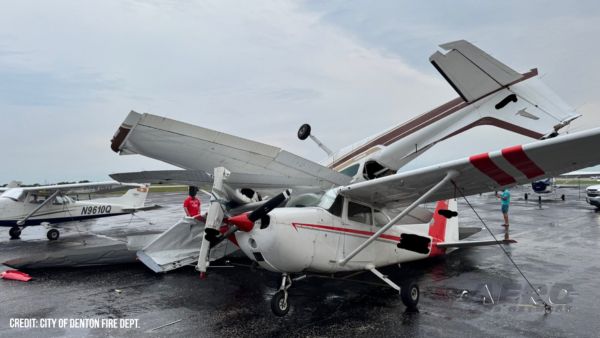New Publication Aimed At Improving Airmanship, Courtesy,
Safety, Judgement
GA insurer Avemco says
it will soon distribute "Aviators' Model Code of Conduct" (AMCC)
free of charge to its policyholders.
As General Aviation (GA) pilots, we all received primary flight
instruction and we all (hopefully) remember our instructors’
admonitions and advice. However, since flight training stresses
satisfying minimum requirements within a limited set of
disciplines, there are often many differences in pilots’
understandings of airmanship, courtesy, safety, and exercising
judgment. To address these differences and limitations in pilot
training and preparedness, Avemco is providing its customers with a
new responsive publication authored by Michael S. Baum, JD, MBA,
CISSP, of Los Altos (CA).
Baum's experience is similar to that of many GA pilots. "When I
began flying," he notes, "my primary source of guidance on what to
do and how and when to do it was my flight instructor. I always
took his advice, but being new to aviation, I was ill equipped to
critically evaluate his perspectives. Therefore my approach to
flying, including my conceptions of airmanship, good behavior and
judgment, was both bolstered by his strengths and diminished by his
weaknesses.This made it difficult to see the 'big picture,'" he
adds, "to determine what is important and how to be a 'good GA
citizen.'"
Jim Lauerman, Avemco
Executive Vice President and Chief Underwriting Officer, explains,
"I worked with Michael during the development phase of the piece.
He is a deeply insightful individual with a diverse background,
including authoring pioneering works on electronic commerce and the
law, holding executive positions in high technology businesses and
sitting on the board of several organizations. He wrote the
AMCC—the product of nearly three years of research and
extensive consultation within the GA community—as an act of
service to the GA community and I agree with the values he
presents. As our industry becomes more and more complex—with
new avionics, airframes and the possibility of new regulations from
the FAA—I believe that thoughtful guidelines for good
citizenship within the GA community are necessary."
"The Aviators' Model Code of Conduct is designed to improve GA
from within," Lauerman says, "by providing a framework for
individual pilots to improve their performance beyond regulatory
minimums." Recommending practices in critical areas such as
excellence in airmanship and prudent operating practices, the AMCC
promotes goal setting for pilots and personal tracking in pursuit
of those goals.
"Additionally, to
promote GA, the AMCC highlights recommended practices that will
help the non-flying public understand and tolerate our activities.
Safety, courtesy, and good judgment are all given prominent play
and the guide brings a framework to our efforts to help promote and
preserve our right to fly," adds Lauerman.
The AMCC contains seven Principles: General Responsibilities of
Aviators, Passengers and Parties on the Surface, Training and
Proficiency, Security, Environmental Issues, Use of Available
Technology and the Advancement and Promotion of GA. To further the
effective use of its Principles, the AMCC also includes Sample
Recommended Practices to help pilots integrate the Principles into
their own practices.
 Aero-News: Quote of the Day (09.12.25)
Aero-News: Quote of the Day (09.12.25) First-ever Jetson ONE eVTOL Delivery Goes to Oculus Founder
First-ever Jetson ONE eVTOL Delivery Goes to Oculus Founder Hawaiian Airlines, Honolulu CC Start Mx Tech Program
Hawaiian Airlines, Honolulu CC Start Mx Tech Program Bristell Receives First FAA Part 23 Certification for its B23 Trainer
Bristell Receives First FAA Part 23 Certification for its B23 Trainer Blue Alchemist Successfully Completes Critical Design Review
Blue Alchemist Successfully Completes Critical Design Review


